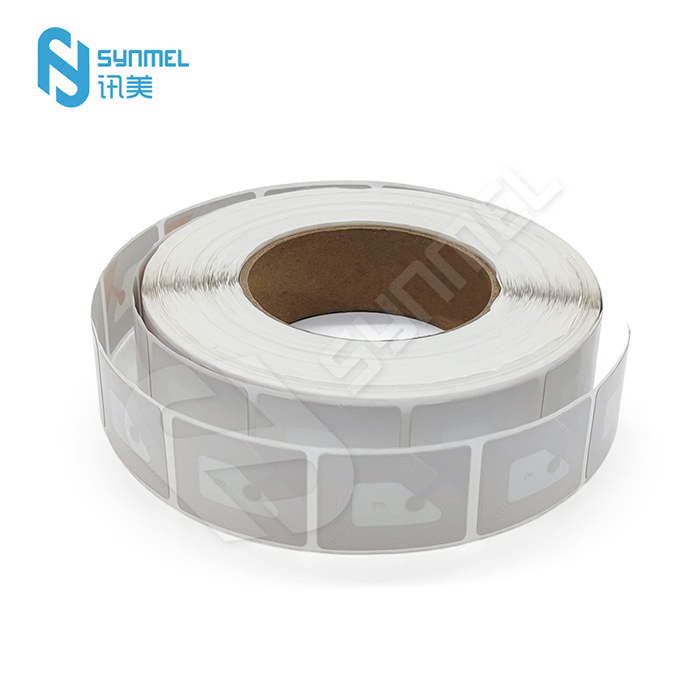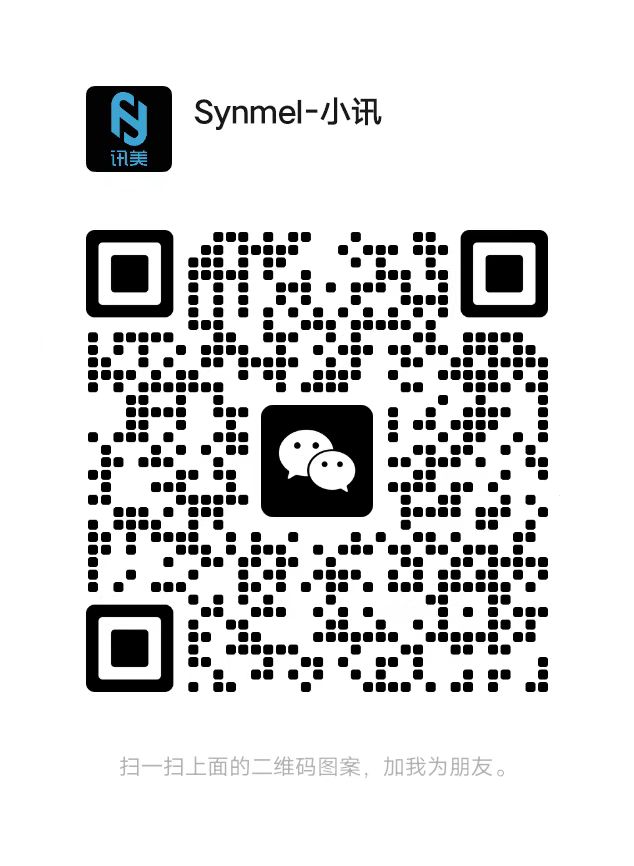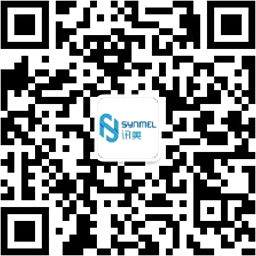- English
- Español
- Português
- русский
- Français
- 日本語
- Deutsch
- tiếng Việt
- Italiano
- Nederlands
- ภาษาไทย
- Polski
- 한국어
- Svenska
- magyar
- Malay
- বাংলা ভাষার
- Dansk
- Suomi
- हिन्दी
- Pilipino
- Türkçe
- Gaeilge
- العربية
- Indonesia
- Norsk
- تمل
- český
- ελληνικά
- український
- Javanese
- فارسی
- தமிழ்
- తెలుగు
- नेपाली
- Burmese
- български
- ລາວ
- Latine
- Қазақша
- Euskal
- Azərbaycan
- Slovenský jazyk
- Македонски
- Lietuvos
- Eesti Keel
- Română
- Slovenski
- मराठी
- Srpski језик
What specific industries and scenarios are RF soft labels suitable for?
2025-09-03
RF soft labels are widely used across various industries, particularly in scenarios requiring item tracking, inventory management, and automated control. They are flexible, lightweight, and can be attached to a variety of items, making them popular across a wide range of industries. The following are some specific industries and scenarios:
1. Retail
Inventory Management: RF soft labels help retailers track inventory in real time, reducing human error and improving inventory management efficiency. Using RF labels, merchants can quickly scan and verify the presence of items on shelves, preventing stockouts and overstocking.
Anti-theft Management: Soft labels can be integrated with anti-theft features. Using RFID technology, stores can promptly detect unpaid items being taken out of the store.
Customer Experience: RF technology can also be integrated with self-checkout systems, providing a more convenient shopping experience. Customers simply place their items at the checkout counter, and the system automatically identifies and settles their purchases.
2. Logistics and Supply Chain Management
Item Tracking: In logistics and supply chain management, RF soft labels are used to track goods throughout transportation, warehousing, and distribution. By attaching RFID labels to each package or pallet, logistics companies can accurately track the location of items, reducing cargo loss and delays.
Smart warehousing: RFID technology enables warehouse management systems to obtain real-time information on the location and status of items, improving warehouse operational efficiency, such as automated picking and inventory counting.
Reverse logistics: During returns and recycling management, RFID labels can help companies quickly identify the status of returned items, reducing operational complexity.
3. Healthcare Industry
Medical Record and Equipment Management: Hospitals can use RFID labels to manage patient records, medical equipment, and medications. Each patient or device can be assigned a unique RFID tag to ensure the security and accuracy of medical records and medical equipment.
Drug Tracking: RFID tags can help track medications throughout the supply chain, ensuring that their storage and use meet established safety standards and preventing counterfeit drugs from entering the market.
Surgical Instrument Management: During surgery, RFID labels can help hospitals track the use of surgical instruments, ensuring they are clean, sterilized, and properly returned, preventing instrument loss.
4. Asset Management
Equipment Management: Across various industries, RFID labels can be used to manage a company's assets, equipment, and tools, helping companies conduct regular inspections, maintenance, and upgrades. For example, production equipment and office equipment in factories can be monitored and managed in real time using RFID.
High-Value Item Monitoring: For high-value items such as electronics, luxury goods, and artwork, RFID labels can be used to track and verify the authenticity and movement of items in real time.
5. Smart Transportation and Parking Management
Parking Management: RFID tags are widely used in automatic parking fee collection systems. Drivers simply attach the RFID label to their license plate, and the system automatically recognizes and processes the fee, eliminating the need to park, collect tickets, or pay.
Vehicle Management: Public transportation can use RFID labels for passenger management and ticket verification, reducing manual labor and improving efficiency.
6. Food Industry
Food Safety Tracking: RF soft labels can be used at every stage of the food supply chain, ensuring strict monitoring and management of food from production to distribution. Especially for foods with high temperature control and preservation requirements, RFID labels can help monitor temperature fluctuations during transportation. Expiration Date Management: Food manufacturers and retailers can use RFID tags to manage product expiration dates, automatically reminding merchants to remove products approaching their expiration dates and ensuring food safety.
7. Library and Archive Management
Book Borrowing and Return Management: RFID labels are widely used in libraries, enabling rapid borrowing and returning of books, automated inventory management, and preventing loss. By attaching RFID tags to book covers, libraries can implement self-service borrowing and returning services, improving work efficiency.
File Tracking: In archive management, RFID labels can help track access to archives, preventing the loss or misplacement of important documents.
8. Fashion and Textile Industry
Apparel Management: In fashion retail, RFID labels are used to manage clothing, shoes, and hats. RFID technology allows merchants to track inventory and sales in real time, provide personalized recommendations, and offer customers expedited checkout.
Supply Chain Optimization: From textile production to retail sales, RFID labels can help achieve transparency, automation, and efficient management across the entire supply chain.
9. Agriculture and Animal Husbandry
Livestock Tracking: In the animal husbandry industry, RFID soft labels can be attached to animal ear tags to help farmers track animal health, location, feeding information, and other information, improving management efficiency.
Agricultural Product Traceability: The production, transportation, and sales of agricultural products can all be tracked using RFID technology. Consumers can scan the tags to learn about the product's origin, processing, and transportation history, enhancing product transparency and safety.
In summary, RF soft labels have a wide range of applications, covering virtually every industry, from retail to logistics, healthcare, and manufacturing. Its high efficiency, automation, and intelligence make RFID technology a significant advantage in improving management efficiency, reducing manual operations, increasing accuracy, and reducing costs. As the technology matures and its application scenarios expand, market demand for RF soft tags is expected to continue to grow.




